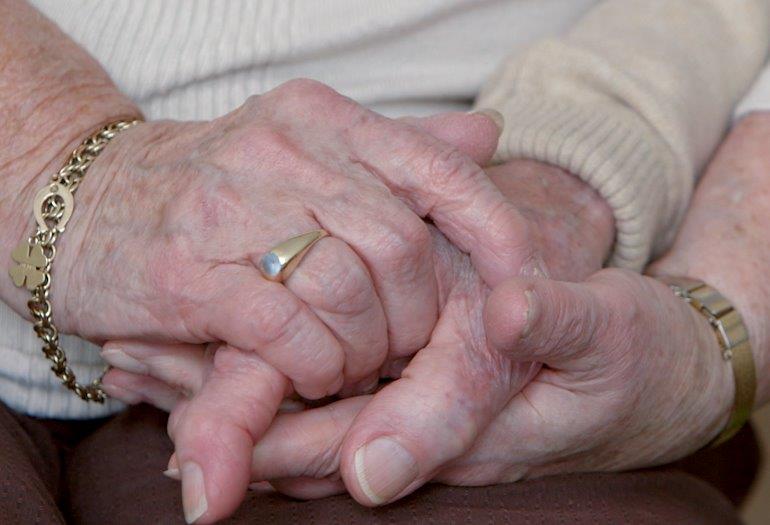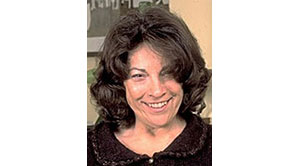I’ve had jobs that made me cry – don’t ask – but this may be the first time I’ve had a job that caused me to make other people cry.
With a lot of help from other team members, I make videos and write stories about Telehomecare. I talk to patients and their family caregivers, their nurses or respiratory therapists and doctors. From time to time, we visit patients in their homes. That’s where Telehomecare connects them with a clinician who monitors their vital signs remotely and coaches them about how to live their best possible life.
Then we tell their stories on screen, in news stories and on our web site so that people – and health care providers – learn about the program and how it can contribute to the well-being of patients with COPD and CHF as well as the sustainability of the healthcare system.
Their stories make people cry, not because the stories are sad but because of the hope and comfort and, yes, even joy that Telehomecare brings to these elderly patients.
I think of Ian, the COPD patient in our first Telehomecare video, who said he was grateful that Telehomecare was keeping him out of the hospital because it was hard on his family to see him there. Or Genevieve, who, at 82, lives alone on the shores of a lake in Northern Ontario. “To have someone at the end of the phone who knows you and who is there for you…. that gave me such a feeling of security and comfort.” And Beatrice, 77, a COPD patient who says “I really can’t believe the care I’m getting – I never expected it. You know, sometimes you feel like you’re all by yourself and nobody cares, but I do have people who care.”
 Most recently, I think about Otto and Ulla. He’s 90. At 85, she’s his caregiver. Otto and Ulla star in our most recent Telehomecare video. In the last moments of the video, they take each other’s hand and Ulla says “the program gives me great peace of mind” and Otto adds, “We need that now after 66 wonderful years”.
Most recently, I think about Otto and Ulla. He’s 90. At 85, she’s his caregiver. Otto and Ulla star in our most recent Telehomecare video. In the last moments of the video, they take each other’s hand and Ulla says “the program gives me great peace of mind” and Otto adds, “We need that now after 66 wonderful years”.
I don’t think my Telehomecare colleagues would mind me revealing that the tissues had to be passed around the boardroom when we screened it for the first time. I don’t mind admitting that I’ve seen it 20 times and I still tear up.
Of course, OTN patient stories go far beyond Telehomecare. Recently, we wanted to tell the story of the remarkable virtual palliative care program in Thunder Bay at the St. Joseph’s Care Group. I talked to Rik whose wife was amongst the first patients to receive palliative care via video. When he talked about what it meant to have his wife at home yet so well-supported, it was heartening but hard to hear. All I could think about was my own dear sister’s lost battle with cancer. It would have been so much easier if virtual palliative care had been available to her and her family.
We all work to promulgate and implement telemedicine because its benefits are self-evident from a health system sustainability point of view, but, truth told, Otto and Ulla and Rik are the real reason we’re all here.






